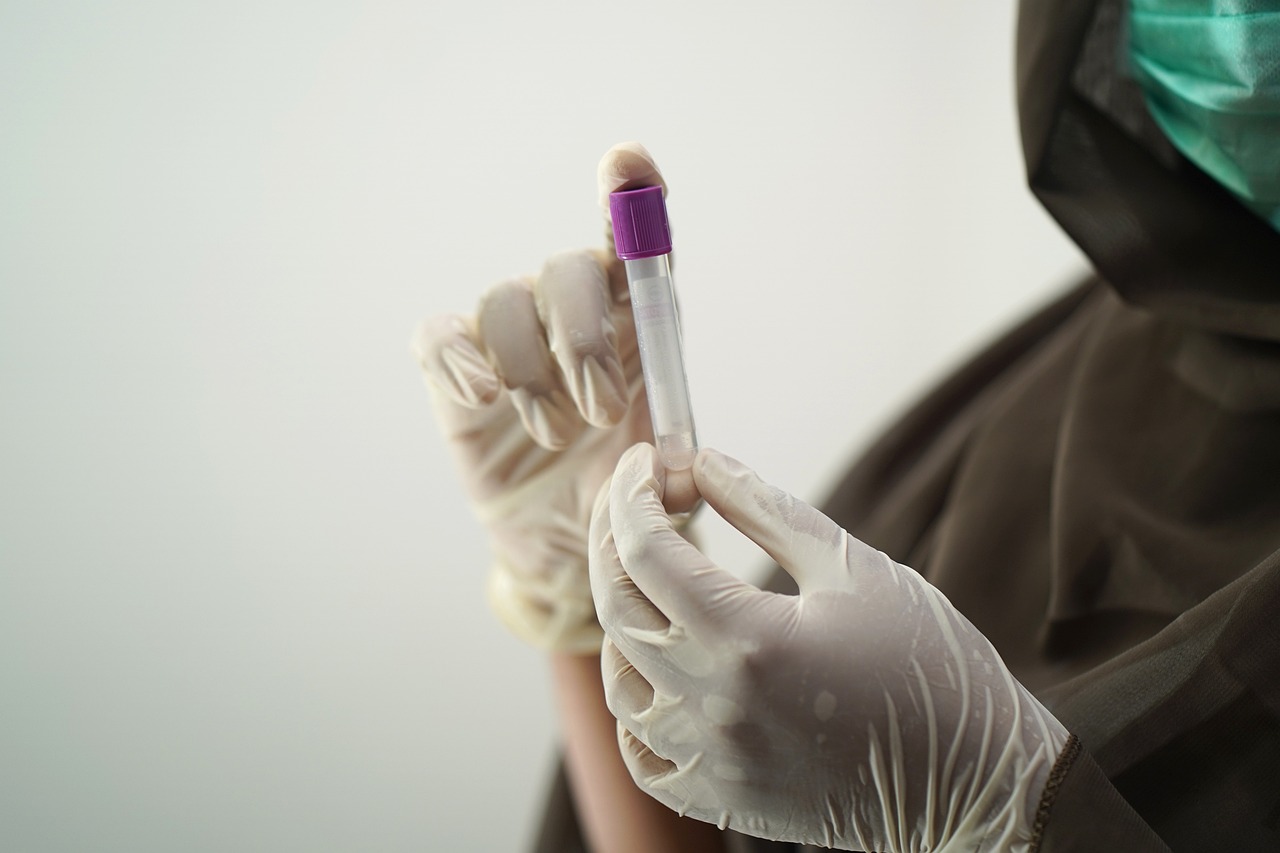
A diagnosis of infertility is difficult, to be sure. But once you digest that information and begin investigating other avenues to conceive a child, you start worrying about your future child’s health. This is especially true for those with genetic defects in their family history.
So, what can you do to help ease your mind and plan confidently? Take advantage of the different types of genetic testing available to you before and during fertility treatment. Here we lay out all the information on genetic testing in Culver City and surrounding areas and tell you how advanced genetic testing helps families plan confidently as they realize their dream of having a child.

Genetic Carrier Screening Testing
Your first appointment with your fertility doctor in the Culver City area includes a health history and family history. At that time, your doctor determines whether you and your partner may carry a gene that puts your offspring at risk for a genetic condition. The risk may come from a family history or your ethnicity.
If your doctor considers you or your partner may carry a gene mutation, even though you show no symptoms, they recommend genetic carrier screening before pregnancy. This helps you understand the risk before you proceed. Some factors that may cause your doctor concern are:
- Family History; If one or both partners have a family history of a genetic condition your doctor recommends carrier screening. Two examples of common genetic conditions like this are cystic fibrosis and Fragile X syndrome.
- Ethnicity: Certain ethnic groups have a higher rate of specific genetic diseases like Tay-Sachs, sickle cell anemia, and thalassemia.
- Advanced Maternal Age: Those females over 35 have an elevated risk of passing on genetic conditions and should take advantage of carrier screening.
- Those Using 3rd Party Donors: When you use donor sperm or eggs your doctor recommends carrier screening for the donor.
Once your doctor has the results of your carrier screening they discuss your risks and options.

Genetic Testing During Pregnancy
Chorionic Villus Sampling (CVS) and Amniocentesis are two of the tests performed during pregnancy that assess the genetic health of the fetus. Your doctor may perform CVS in the first trimester. Your doctor conducts amniocentesis in the second trimester. Both tests screen for genetic abnormalities of the fetus during pregnancy.
Preimplantation Genetic Testing (PGT)
If you and your partner decide on IVF, you not only greatly improve your chance for pregnancy success, but you also avail yourself of a testing process that assesses your embryos before your embryo transfer. The lab performs this highly accurate test on or about the fifth day post-fertilization. This is the blastocyst stage when the embryo and placental cells begin growing and developing separately.
During PGT, an embryologist removes some pre-placental cells from the developing embryo. This doesn’t impact the embryo or its development. However, examination of those cells may uncover abnormalities affecting your pregnancy. Some genetic conditions prevent implantation or result in miscarriage, often the result of the embryo being incompatible with life. Others may cause devastating birth defects or stillbirth.
Three main tests use PGT and help determine the healthiest embryos so you and your partner may make an informed decision before the embryo transfer. Here are the three main preimplantation genetic tests and what the results may uncover.

PGT-M
PGT-M looks for monogenic conditions. This test looks for specific conditions that run in you or your partner’s family. Some common monogenic conditions that warrant PGT-M are:
- Marfan’s Syndrome
- Cystic fibrosis
- Sickle Cell
- Type 1 neurofibromatosis
- X-linked chromosomal abnormalities such as fragile X syndrome.
PGT-M also helps parents who seek a healthy HLA-compatible baby to help their sick sibling. This test determines the embryo with the highest possibility for a match.
PGT-A
One of the most common reasons embryos fail to implant? A condition called aneuploidy in which the embryo has the wrong number of chromosomes. PGT-A helps the embryologist determine which embryos are euploid versus aneuploid. The euploid embryos have the correct number of chromosomes and, therefore, the highest probability for implantation and successful development.
PGT-SR
Some couples seek PGT after they’ve experienced failed IVF or multiple miscarriages. In these cases, the embryo may have the correct number of chromosomes, but structural abnormalities may prevent a successful pregnancy. The most common of these abnormalities, identified through PGT-SR, are:
- Deletion: a chromosome disappears
- Translocation: a fragmented chromosome attaches to other chromosomes.
- Insertion: a chromosome inserts itself into a different chromosome.
- Inversion: a chromosome segment inverts itself, end to end.
In addition to repeated miscarriages or failed IVF, these chromosomal structural rearrangements may result in Down syndrome, Turner Syndrome, Klinefelter syndrome, and even some forms of cancer, among other genetic disorders.
We Share Your Goal
At LA IVF, our goal is the same as your goal: a healthy, happy family for you and your partner. While we recognize that advanced genetic testing may bring anxiety, it is also instrumental in helping us reach that goal. If you’re in Culver City, Century City, Mar Vista, or surrounding areas, please reach out to LA IVF for more information on how you can grow your healthy, happy family with our help.










